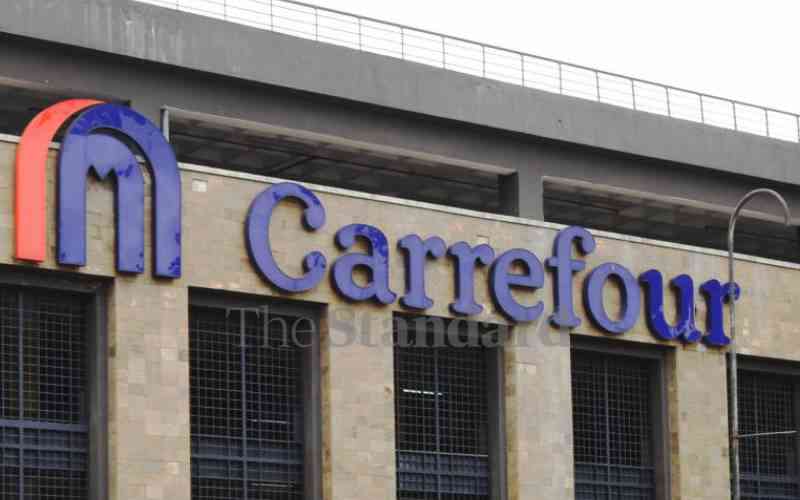×
The Standard e-Paper
Smart Minds Choose Us

Dozens of multinational firms operating in Kenya are reporting sterling results in a complex market, buoyed by a growing army of consumers with enhanced spending power, a Financial Standard analysis shows.
The firms, which include, mining companies, consumer goods firms, electronic giants, fast-food chains and financial institutions, are striking gold in various segments of the economy even as their local rivals falter amid tough economic times.